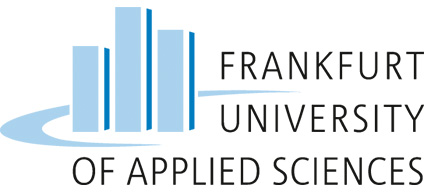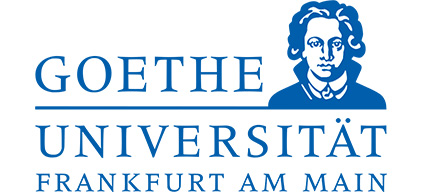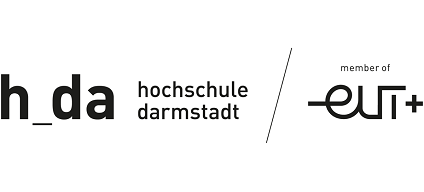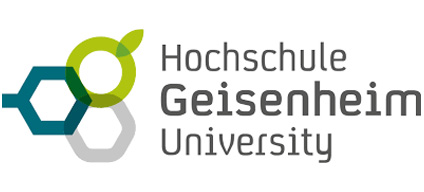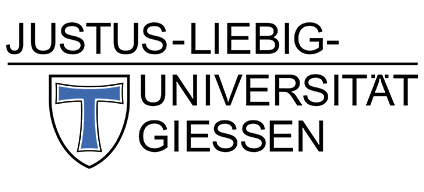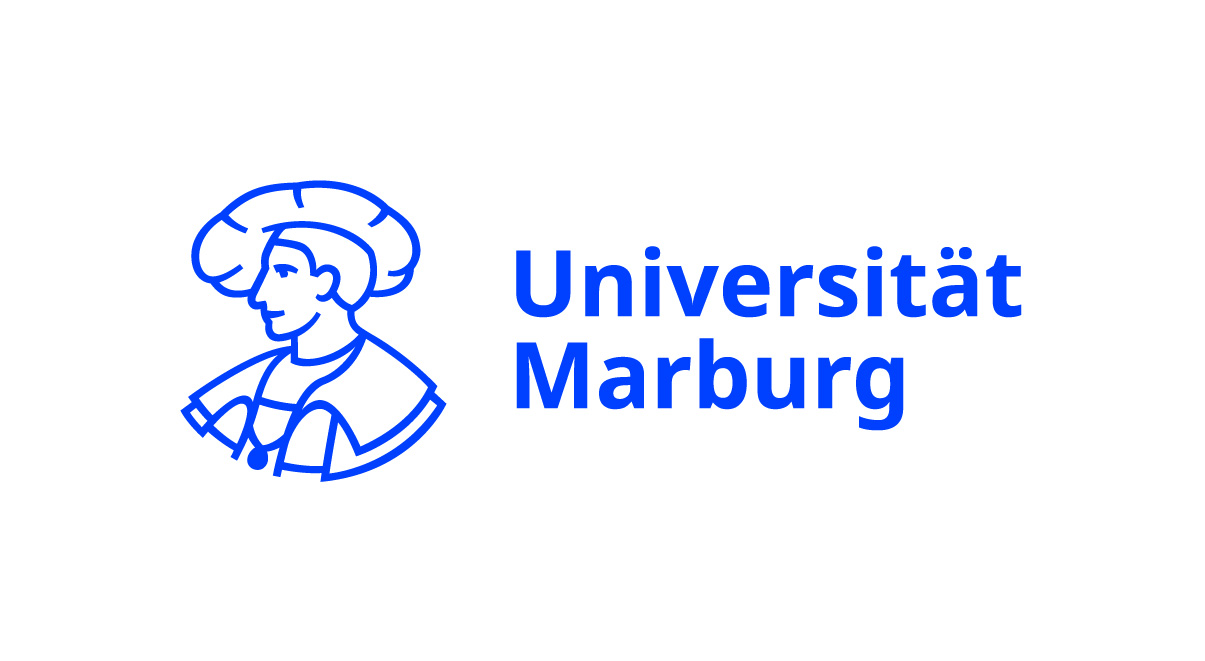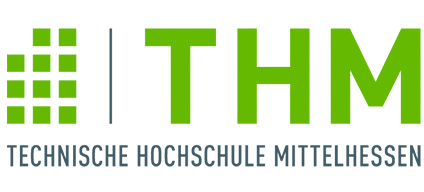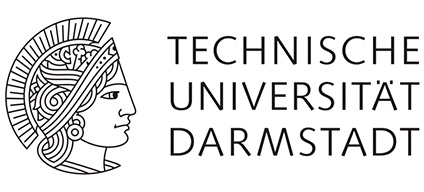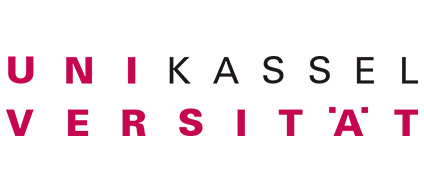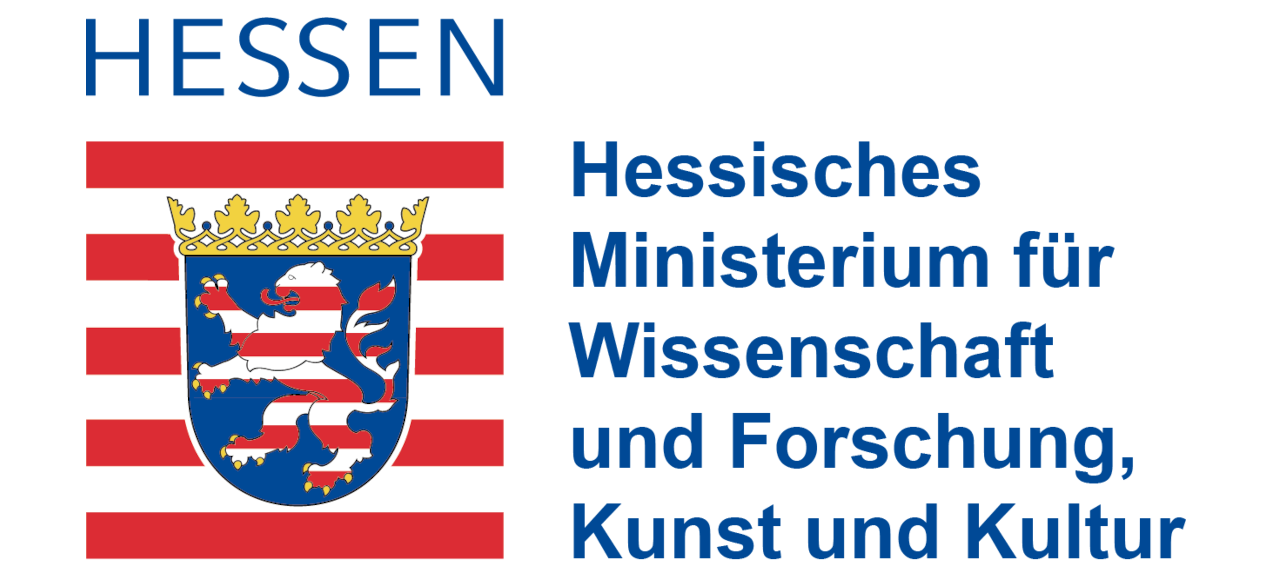Main Content
HeFDI Plenary on 17.12.2020, 16:30-19:00h

In 2020, HeFDI invited to the first plenary, which aimed at a close exchange with researchers and other users. At this plenary, we asked what needs the users have in their data management in research and what support they would like. At the virtual plenary on 17.12.2020 from 16:30-17:30, good practice examples were also to be presented. Prof. Dr. Iris Pigeot enriched the event with her keynote address "Data Science and Data Sharing - Mission Impossible without Intelligent Research Data Management?
Programme
| Time | Agenda | |
| 16:00 | Digital welcome coffee | |
| 16:30 | Eröffnung und Grußworte |
Greeting by Minister of State Angela Dorn, Hessian Ministry of Science and the Arts; Greeting by Prof. Dr. Thomas Nauss, Head of HeFDI and Vice President for Information Management at Philipps-Universität Marburg |
| 16:45 | Keynote: Data Science and Data Sharing - Mission Impossible without Intelligent Research Data Management? | Prof. Dr. Iris Pigeot, Director of the Leibniz Institute for Prevention Research and Epidemiology - BIPS; Chair of Statistics with a focus on Biometry and Epidemiology at the University of Bremen |
| 17:15 | Questions and discussion on the keynote | |
| 17:30 | NFDI and state initiatives - current processes: Added values and support opportunities through coordinated research data infrastructures |
Prof. Dr. Stefan Schmunk, Professor of Information Science and Digital Library at Darmstadt University of Applied Sciences |
| 17:45 | Poster Session: Good practice from research, NFDI consortia; Services in HeFDI |
see poster list |
| 18:45 | WrapUp and farewell |
17:45h Poster Session
At our poster session, we presented projects and infrastructure offers, and we also introduced several data management services at Hessian universities.
- AIMS - Applying Interoperable Metadata Standards
- DataPlant: Driving the digital change in plant science
- de.NBI - Development of a Cloud-based Data Management Infrastructure
- Forschungsdatenmanagement at Ubiquitous Knowledge Processing Lab (UKP)
- SFB/TRR 211: Data Management Project Z02 Software Development Center
- Specialist information service BAUDigital
- From input to publication - The utilisation of quantitative panel data in the GUS project
- Manuscript Census
- Herder Institute - Research Data Management
- Kompetenzzentrum für Hochleistungsrechnen Hessen HKHLR
- KonsortSWD
- KulturBauDigital
- MIRACUM
- Natur 4.0
- NFDI4BioDiversity
- NFDI4Cat
- NFDI4Chem
- NFDI4Culture
- NFDI4Health
- NFDI4Ing
- Z-INF im SFB / TRR 270
- Z-INF in SFB 1194
- Z-INF in SFB / TRR 135 NOWA
- HeFDI Service Consulting and Training
- HeFDI Data Stewards
- HeFDI Research Data Management at Universities of Applied Sciences
- HeFDI Repository
- HeFDI Research Data Management Organiser (RDMO)
Review of the Goals and Guiding Questions
For researchers and lecturers who handle digital data, concrete exchange of experience and good examples of data management are of growing importance. The HeFDI universities were able to register this once again in 2020, also due to the digitalisation push caused by the pandemic situation. At the same time, the digitisation push of the past months had shown that easily accessible, inexpensive (virtual) formats for the exchange of experiences are used gladly and in large numbers. We took this up productively at the event, further deepened the exchange with you and at the same time made the good practice examples from research more visible and accessible.
The HeFDI Plenary 2020 therefore aimed to,
- to bring together the community of researchers and teachers at the HeFDI locations, including across locations.
- to make examples of good practice visible and discuss them in order
- to set impulses for a change in the way data is handled
- to present existing services and solutions
- present current developments such as NFDI
From the exchange of experiences, impulses, needs and user stories for the fields of action of HeFDI were to be derived.
- The focus was on the following guiding questions:What are the needs from the users' point of view, both for research and for teaching and competence development (data literacy)?
- Which concrete "products" should be targeted in important fields of action of HeFDI in order to achieve user-oriented, trustworthy support on the ground?
- What "products" would be needed to open up or support new research opportunities?
- What good solutions and examples already exist among users and are being implemented and how?
- How can these be improved?
What is the interest of users in current NFDI developments and what do users need to be able to participate?
